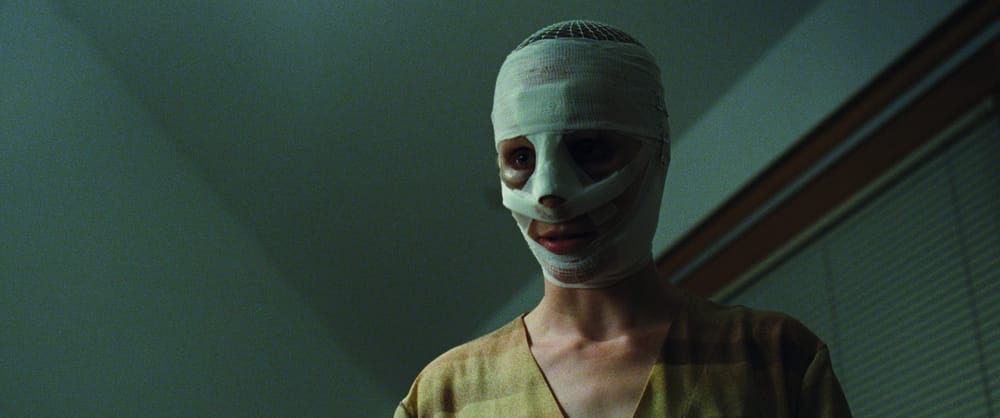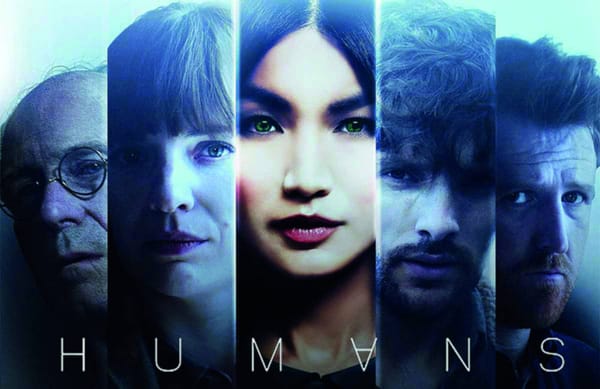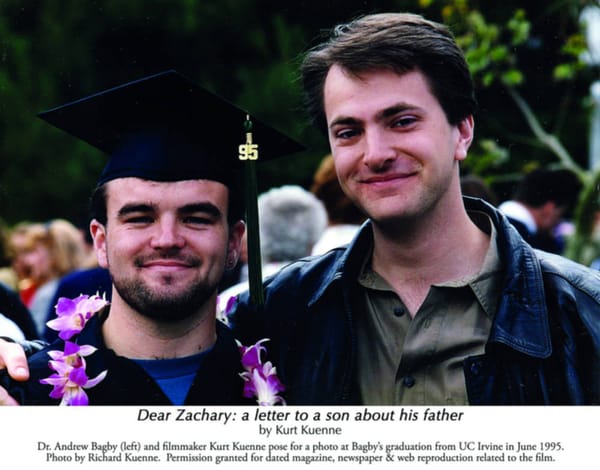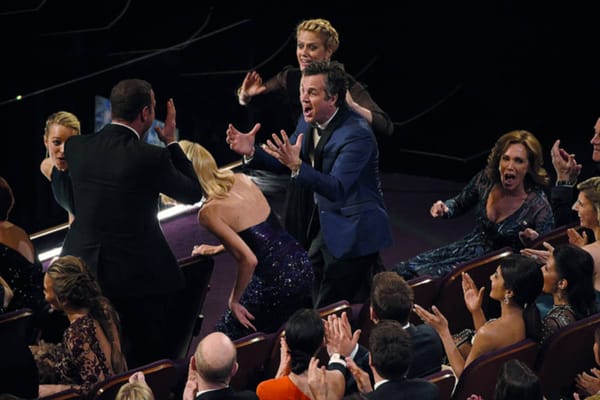Goodnight Mommy
The FELIX review

If you’re in two minds about whether or not to have children, watching Goodnight Mommy should put you right off. An Austrian horror centring around the relationship between a mother and her children, Goodnight Mommy is a dark, cold exploration of identity and power.Its Shyamalan-esque twist might not be to everyone’s tastes, but it can’t ruin the carefully constructed sense of unease that runs through the film like a dark undercurrent.
Set in a austere modernist house in the isolated Austrian countryside, Goodnight Mommy sees a mother (Susanne Wuest) return home to her twin sons (Elias and Lukas Schwarz), after having drastic facial surgery, which has left her covered in bandages. With her behaviour strangely altered, the boys begin to suspect that she might not be their mother after all; what follows is a dizzying power struggle, as characters compete for the audience’s attention, culminating in an orgiastic display of violence.
Directors Veronika Franz and Severin Fiala approach the subject like an exercise in film-making, and there are some stunning shots; scenes that feature the twins acting as ghostly mirrors of each other and visual constructions that obscure the face crop up again and again. References to modern art – Gerhard Richter paintings on the walls, links to the work of Damien Hirst, and perhaps Marina Abramovic – give us the first hint that this is more nuanced than standard horror fare. What Franz and Fiala manage to do exceptionally well is construct a believable sense of ambiguity around the characters – we really aren’t sure what is going on, and who we are supposed to support.
The twist that comes towards the end of the film is predictable (at least, my companion found this to be the case, I was too busy focussing on the visuals), but it doesn’t manage to disturb the carefully-crafted equilibrium of the film. Really the twist is a secondary consideration, and doesn’t manage to neatly tie up the plot, leaving the audience with more questions than answers.
The film’s themes, of how we construct our identity around visibility, are fascinating, and draw immediate comparison to George Franju’s Eyes Without a Face, although I think the exploration of behavioural changes associated with a lack of identity are more reminiscent of Hiroshi Teshigahara’s The Face of Another, a tale of a man whose face is burnt off in an industrial accident. The adjectives ‘Austrian’ and ‘chilly’ evoke a link to the work of Michael Haneke, but Goodnight Mommy is more closely related to Ulrich Seidl (who serves as the project’s producer), particularly the ambiguity of his documentary In the Basement.
The debut feature film from Franz and Fiala, I cannot wait to see what they get up to next. A measured, superbly controlled film, Goodnight Mommy will leave you with an indelible distrust of children, and a feeling of creeping disquiet that persists long after you leave the cinema.









